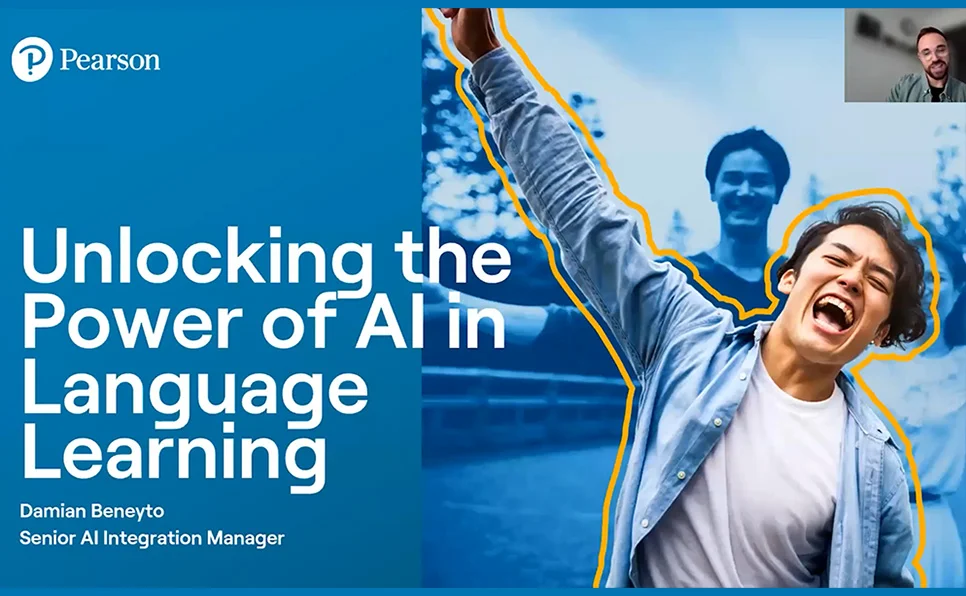This webinar is about the impact of Artificial Intelligence (AI) on student wellbeing. It is specifically focused on the wellbeing of school children.
The speaker, Amanda, welcomes the audience and introduces the topic. She highlights the fact that AI is a new technology and its impact on children is not well understood. She then introduces Andrew Burr from Opportunity Labs to give a presentation on the research about the impact of AI on student wellbeing.
Andrew begins his presentation by explaining the two reasons why this research was undertaken. The first reason is to understand the potential negative effects of AI on children, similar to the negative effects of social media on children in the past decade. The second reason is to identify the role that school social workers can play in mitigating these negative effects, since they are the ones who are closest to the students.
Andrew talks about the importance of evidence-based decision making. He suggests small, controlled pilots to test the effects of AI tools on students before large-scale adoption. He also emphasizes the need for educators and mental health professionals to be involved in the development and implementation of these tools.
The last part of the webinar is a panel discussion where the panelists discuss the potential benefits of AI for student wellbeing. They acknowledge that AI can be a time-saving tool for school social workers, who can use it to generate intervention plans and counseling activities. However, they caution that AI should not replace human interaction.
Overall, the webinar discusses the potential risks and benefits of AI for student wellbeing. The speakers emphasize the need for careful consideration and evidence-based decision making before implementing AI tools in schools.


